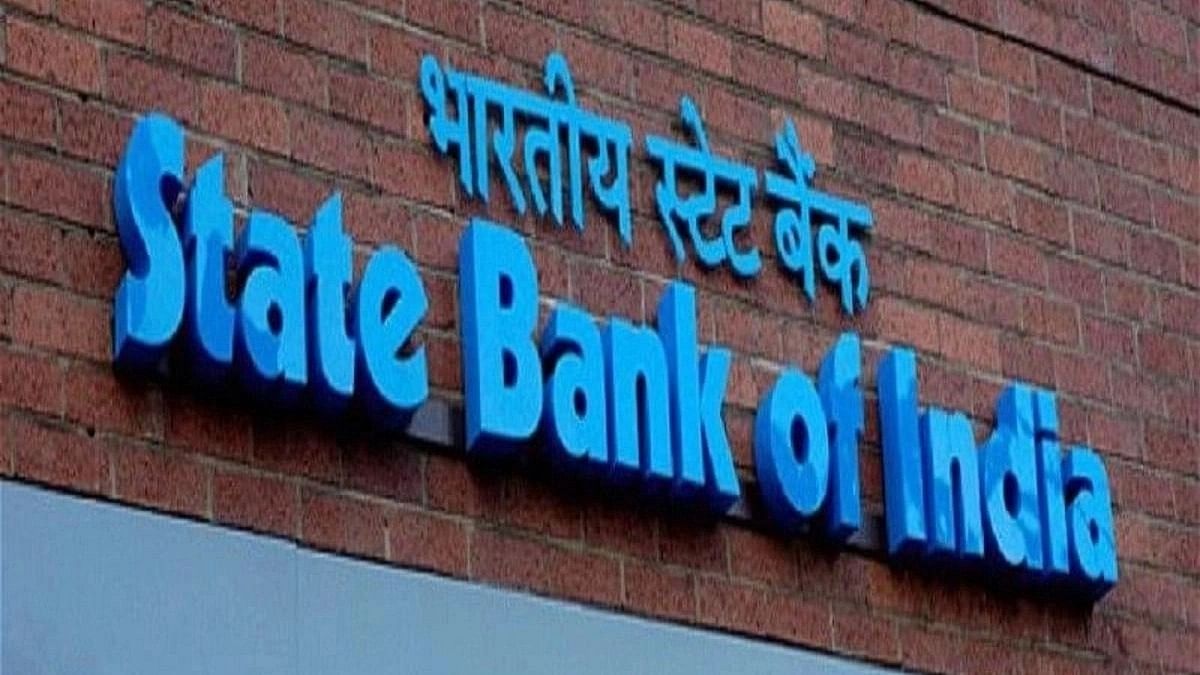In 2023, FinMin tells state-run banks to build AI capabilities to increase operational efficiency

In 2023, FinMin tells state-run banks to build AI capabilities to increase operational efficiency
According to a report from the Business Standard on July 8, the finance ministry has instructed state-controlled banks to collaborate and leverage emerging technologies to enhance operational efficiency and customer experience. During a meeting led by Union Finance Minister Nirmala Sitharaman to assess the performance of public sector banks (PSBs), the banks were advised to consider utilizing account aggregators and generative artificial intelligence (AI) as part of their technological advancements.

The finance ministry emphasized the importance of PSBs exploring partnerships in human resource training and employing technology to deliver cost-effective services to customers. By sharing resources and knowledge, state-controlled banks can collectively enhance their operational capabilities and optimize customer experiences.
Account aggregators are technology platforms that facilitate the consented sharing of financial data between different financial institutions with the customer’s approval. This allows for a consolidated view of an individual’s financial information across multiple accounts and institutions.

Generative artificial intelligence (AI) refers to AI systems that can generate content, such as text, images, or even entire applications, based on training data. It has the potential to automate various processes and tasks, leading to improved efficiency and productivity.
By adopting these emerging technologies, state-controlled banks can streamline their operations, reduce costs, and provide better services to customers. The finance ministry’s directive underscores the government’s commitment to leveraging technology in the banking sector to enhance overall performance and customer satisfaction.
“Process automation happens across every digital back office, automation of branch facing roles, etc,” a senior finance ministry official told the business daily.
The government has issued a cautionary statement to state-run banks regarding customer data protection when outsourcing critical services, particularly technical services. The statement emphasizes the importance of safeguarding personal information and highlights the need for collaboration among lenders to minimize costs and enhance security measures.
State-run banks are increasingly investing in technology upgrades related to artificial intelligence (AI) and machine learning (ML). However, these investments often lead to higher costs. To address this issue, the government suggests that banks collaborate and share infrastructure in areas such as cybersecurity to reduce expenses.
By pooling resources and sharing infrastructure, banks can collectively work towards strengthening cybersecurity measures and protecting the personal information of their customers. This collaborative approach can help mitigate risks associated with data breaches and enhance the overall security posture of state-run banks.
The government’s cautionary advice indicates a growing recognition of the importance of data protection and cybersecurity in the financial sector. It underscores the need for banks to be vigilant when outsourcing technical services, ensuring that adequate measures are in place to safeguard customer data throughout the entire process.
In April, the Reserve Bank of India (RBI) released its final guidelines regarding the outsourcing of information technology (IT) by regulated entities in the financial sector. These guidelines emphasized that even if a regulated entity outsources certain IT functions or tasks, its responsibility for those functions would not diminish. The boards and senior management of these entities would remain ultimately accountable for the outsourced work.
The Reserve Bank of India (RBI) has implemented guidelines to address the management of outsourced IT functions by regulated entities, particularly banks. These guidelines aim to ensure that these entities maintain effective control over their outsourced IT functions and mitigate any associated risks.
One of the key objectives of the RBI’s guidelines is to reinforce the responsibility of the boards and senior management of regulated entities. The RBI emphasizes the need for proper oversight and governance of outsourced activities. By doing so, the RBI seeks to ensure that outsourced IT functions are managed in a manner that aligns with the overall business objectives, risk appetite, and regulatory requirements of the regulated entities.

Under the guidelines, regulated entities are expected to establish a robust outsourcing policy that outlines the framework for managing and monitoring outsourced IT functions. This policy should clearly define the roles and responsibilities of the board, senior management, and various stakeholders involved in the outsourcing process. It should also articulate the criteria for selecting and engaging outsourcing partners.
Furthermore, the RBI expects regulated entities to conduct a comprehensive due diligence exercise before entering into any outsourcing arrangement. This includes assessing the capability, capacity, and track record of the outsourcing partners in delivering the required IT services while adhering to the regulatory requirements and maintaining data security and confidentiality.
To ensure effective control over outsourced IT functions, the guidelines require regulated entities to establish a strong oversight mechanism. This involves setting up an effective risk management framework, which includes risk assessment, monitoring, and reporting mechanisms. Regulated entities are also expected to maintain a sound business continuity management framework to address any potential disruptions arising from outsourced IT functions.
The guidelines also emphasize the need for proper documentation and reporting. Regulated entities are required to maintain a register of all their outsourcing arrangements, including details of the services outsourced, the outsourcing partners engaged, and the criticality of the outsourced functions. They should regularly review and update this register and report to their board and senior management on the effectiveness of their outsourcing arrangements.
Overall, the RBI’s guidelines aim to ensure that regulated entities have effective control and oversight over their outsourced IT functions. By reinforcing the responsibility of the boards and senior management, the RBI intends to emphasize the need for proper governance and risk management practices in the outsourcing of IT functions by regulated entities, thereby enhancing the overall stability and security of the financial system.
The Reserve Bank of India (RBI) introduced guidelines to promote sound risk management practices in the outsourcing of IT services by regulated entities. These guidelines emphasized the importance of accountability and the strategic use of analytics to enhance the stability and resilience of the financial sector in India.

One aspect highlighted in the guidelines was the need for banks to leverage analytics to expand the scope of early warning signals. By utilizing data analytics, banks can identify and proactively engage with high-risk borrowers. This enables them to detect early signs of potential credit risks and take appropriate measures to mitigate them.
The strategic use of analytics in risk management allows banks to enhance their capabilities in assessing and managing risks associated with their lending portfolios. By analyzing large amounts of data, banks can gain valuable insights into borrower behavior, market trends, and other relevant factors that may impact credit risk. This empowers banks to make informed decisions and take timely actions to mitigate potential risks.
Furthermore, the guidelines encouraged banks to employ data analytics to improve their risk detection capabilities. By leveraging advanced analytics techniques, banks can develop models and algorithms that can identify patterns and anomalies indicative of potential credit risks. This enables them to detect and address emerging risks more effectively, thereby reducing the likelihood of financial instability.
By emphasizing accountability and the use of analytics, the RBI aimed to enhance risk management practices in the outsourcing of IT services by regulated entities. These guidelines are intended to ensure that banks in India adopt robust risk mitigation measures and remain resilient in the face of evolving risks. Ultimately, the goal was to promote the overall stability and soundness of the financial sector in the country.





